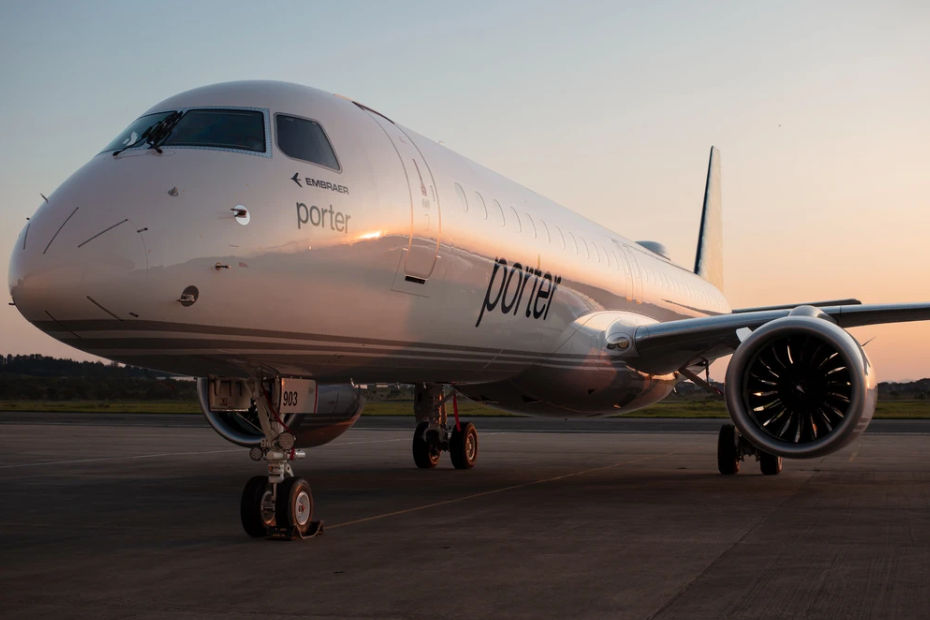Boeing Reports Fourth Quarter Net Loss of $4.2 Billion, Full Year 2021 Net Loss of $4.3 Billion
- Joe Breitfeller

- Jan 26, 2022
- 3 min read
Boeing has reported a fourth quarter GAAP net loss of $4.2 billion or ($7.02) per share on a 3% year-over-year decline in revenue to $14.8 billion. For the full year 2021, Boeing reported a net loss of $4.3 billion or ($7.15) per share on a 7% increase in revenue to $62.3 billion.

On Wednesday (January 26, 2022), The Boeing Company (NYSE: BA) reported their financial results for the fourth quarter and full year ending December 31, 2021. The company reported a fourth quarter GAAP net loss of $4.2 billion or ($7.02) per share and a non-GAAP core operating loss of $4.5 billion or ($7.69) per share. Fourth quarter revenue declined 3% year-over-year to $14.8 billion. For the full year 2021, Boeing reported a GAAP net loss of $4.3 billion or ($7.15) per share and a non-GAAP core operating loss of $4.08 billion or (9.44) per share. Boeing’s full year 2021 revenue increased year-over-year by 7% to $62.3 billion. At December 31, 2021, the company had cash and marketable securities totaling $16.2 billion and a total order backlog valued at $377 billion. Total debt at the end of the fourth quarter was $58.1 billion, down from $62.4 billion at the start of the quarter, due to the prepayment of a term loan and repayment of maturing debt.
In Wednesday’s announcement, Boeing’s President and Chief Executive Officer, Dave Calhoun, said,
“2021 was a rebuilding year for us as we overcame hurdles and reached key milestones across our commercial, defense and services portfolios. We increased 737 MAX production and deliveries, and safely returned the 737 MAX to service in nearly all global markets. As the commercial market recovery gained traction, we also generated robust commercial orders, including record freighter sales. Demonstrating progress in our overall recovery, we also returned to generating positive cash flow in the fourth quarter. On the 787 program, we're progressing through a comprehensive effort to ensure every airplane in our production system conforms to our exacting specifications. While this continues to impact our near-term results, it is the right approach to building stability and predictability as demand returns for the long term. Across the enterprise, we remain focused on safety and quality as we deliver for our customers and invest in our people and in our sustainable future.”

Boeing Commercial Airplane’s Q4 revenue increased slightly to $4.8 billion, primarily driven by higher 737 deliveries, partially offset by lower widebody deliveries. Commercial Airplane deliveries for the fourth quarter increased versus Q4 2020 by 68 percent to 99 deliveries. For the full year 2021, commercial airplanes revenue increased 21 percent to $19.5 billion, with a 117 percent year-over-year increase in deliveries to 340 airplanes.
Boeing continues to progress on the global return of 737 MAX Family aircraft. In December 2021, the Civil Aviation Administration of China issued an airworthiness directive (AD) to prepare Chinese operators for the return to service of the MAX fleet. Since the FAA’s November 2020 approval to return 737 MAX to service, over 300,000 revenue flights have been completed with a fleet reliability of over 99 percent (as of January 24, 2022). Boeing’s 737 program is currently producing 26 airplanes per month, with the goal of increasing production to 31 per month in early 2022.
The company continues to perform rework on Boeing 787 Dreamliners in inventory, and is in active discussions with the FAA regarding necessary actions to resume deliveries. As a result of delayed deliveries, Boeing Commercial Airplanes recorded a $3.5 billion pre-tax non-cash charge on the 787 program. Production rates for 787s will remain low until deliveries resume, with an expected increase to five per month over time. Boeing expects abnormal costs associated with the 787 program to increase to approximately $2.0 billion, with most being incurred by the end of 2023. At December 31, 2021, Boeing Commercial Airplanes had a backlog of over 4,200 airplanes valued at $297 billion.
Boeing (NYSE:BA) is the world’s largest aerospace company and leading supplier of commercial airplanes, defense, space and security systems, as well as global services. The aerospace giant tops the list of the largest U.S. exporters, providing a significant positive impact to America’s annual GDP. Boeing supports government and commercial customers in over 150 countries and employs more than 160,000 team members worldwide. As Boeing continues to deliver for customers, they are committed to their legacy of aerospace leadership in technology and innovation and living the company’s core values of safety, quality and integrity
In trading Wednesday morning (January 26, 2022), shares in The Boeing Company (NYSE: BA) were down 1.77% to $200.38/share (9:38 AM EST)
Source: Boeing


